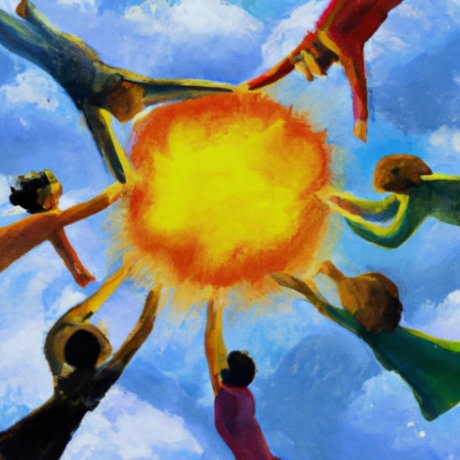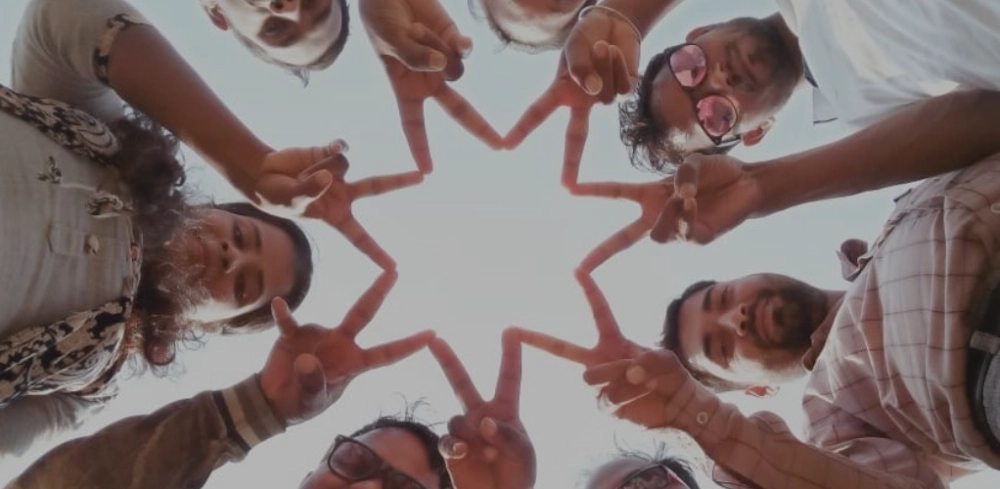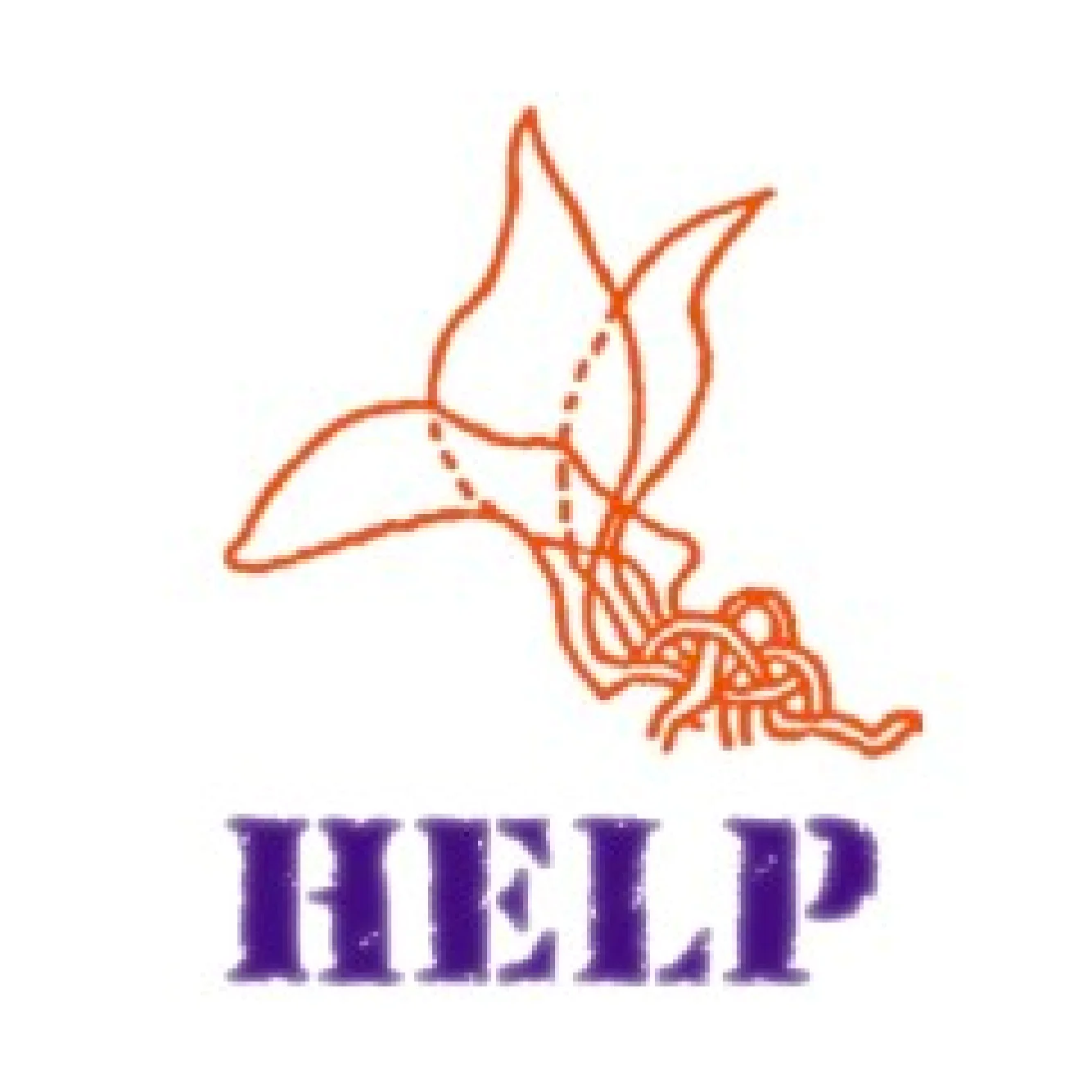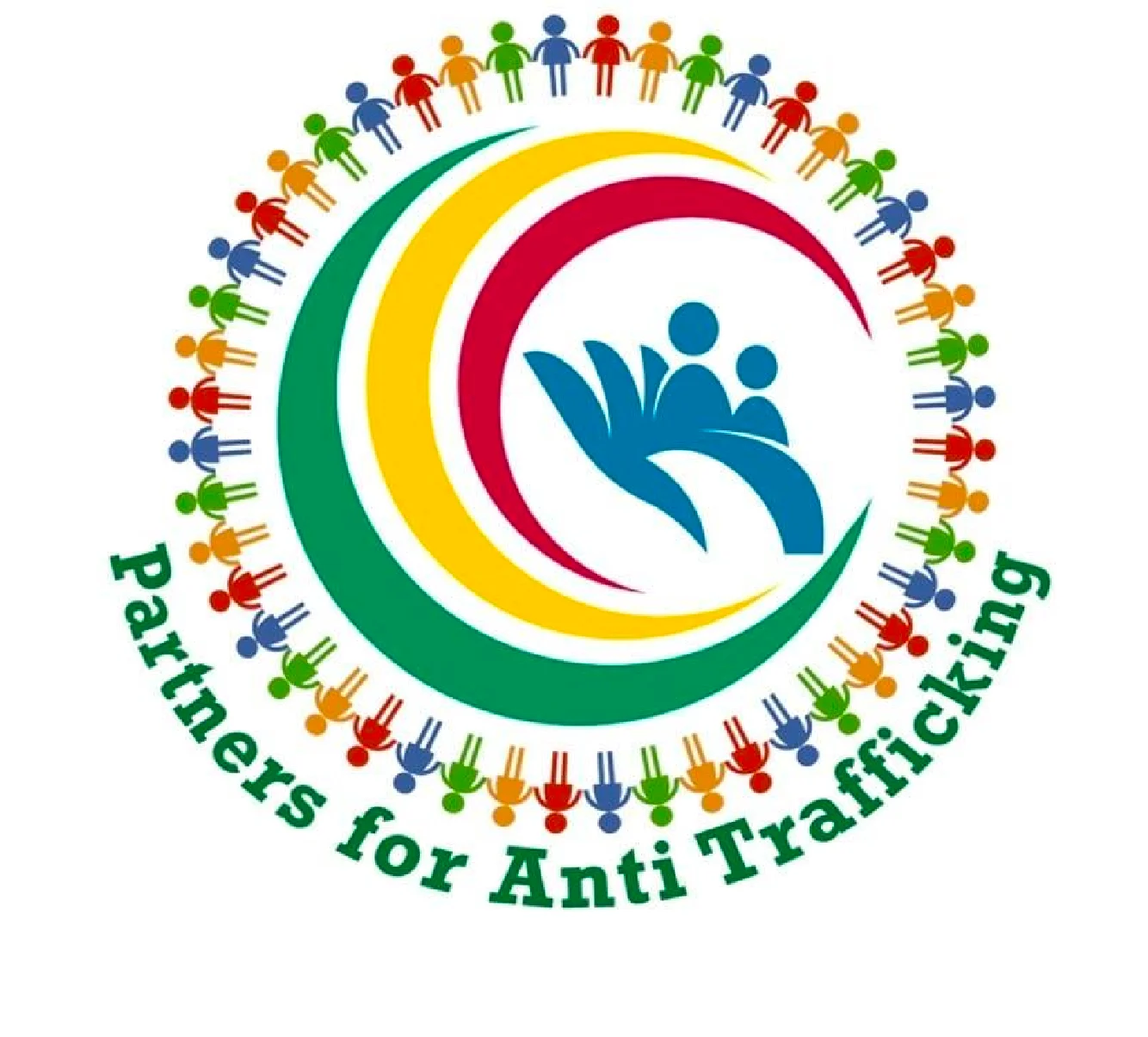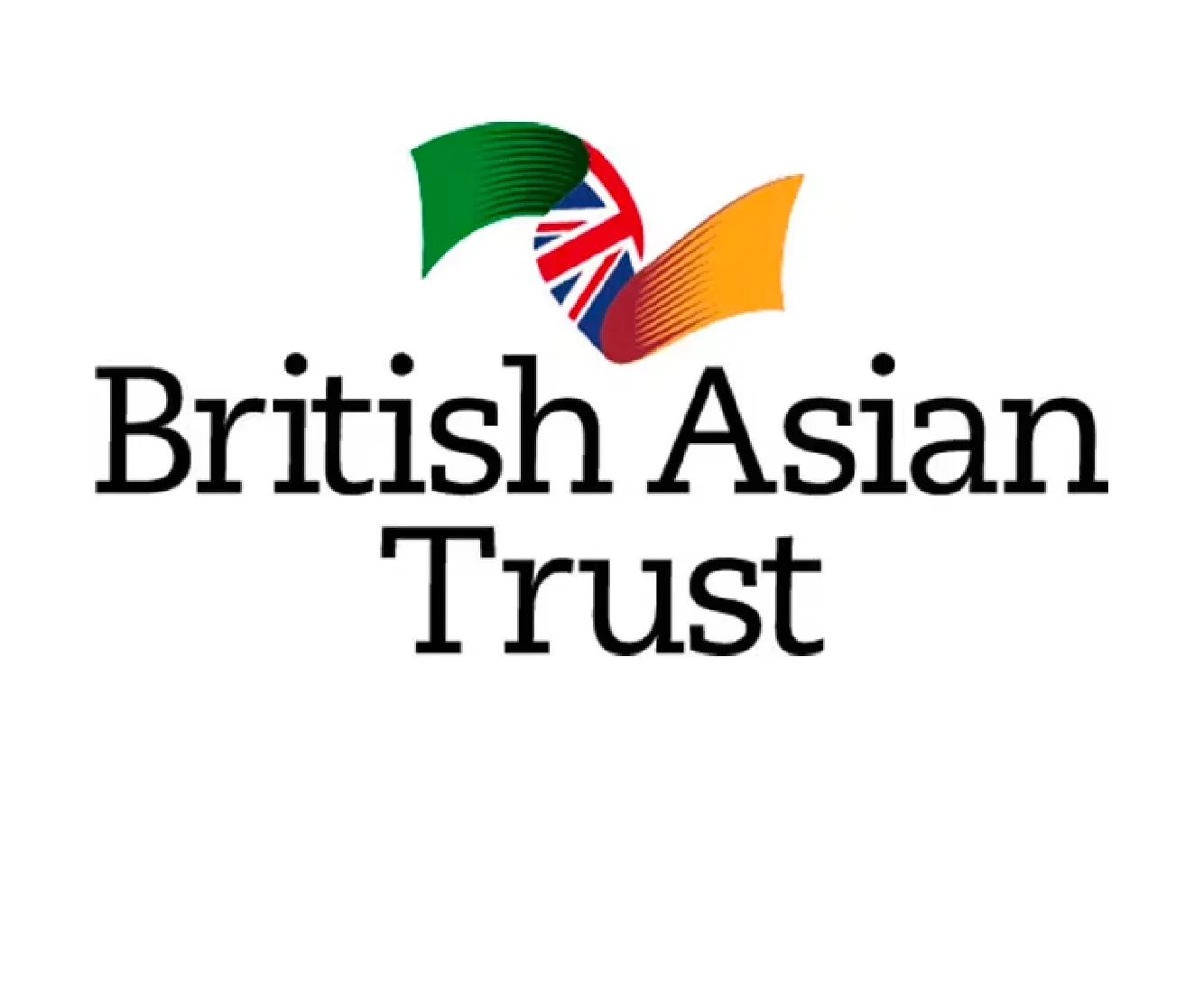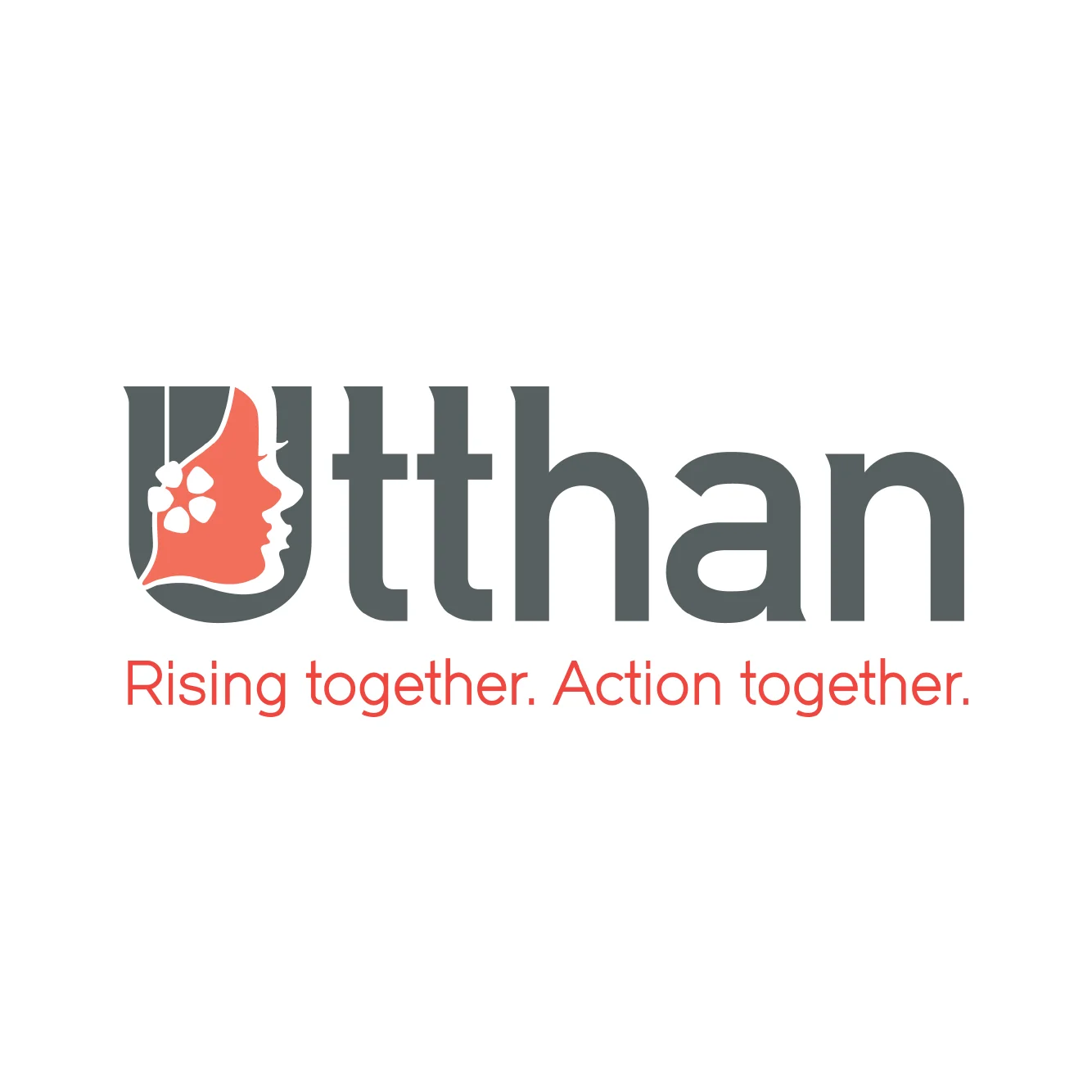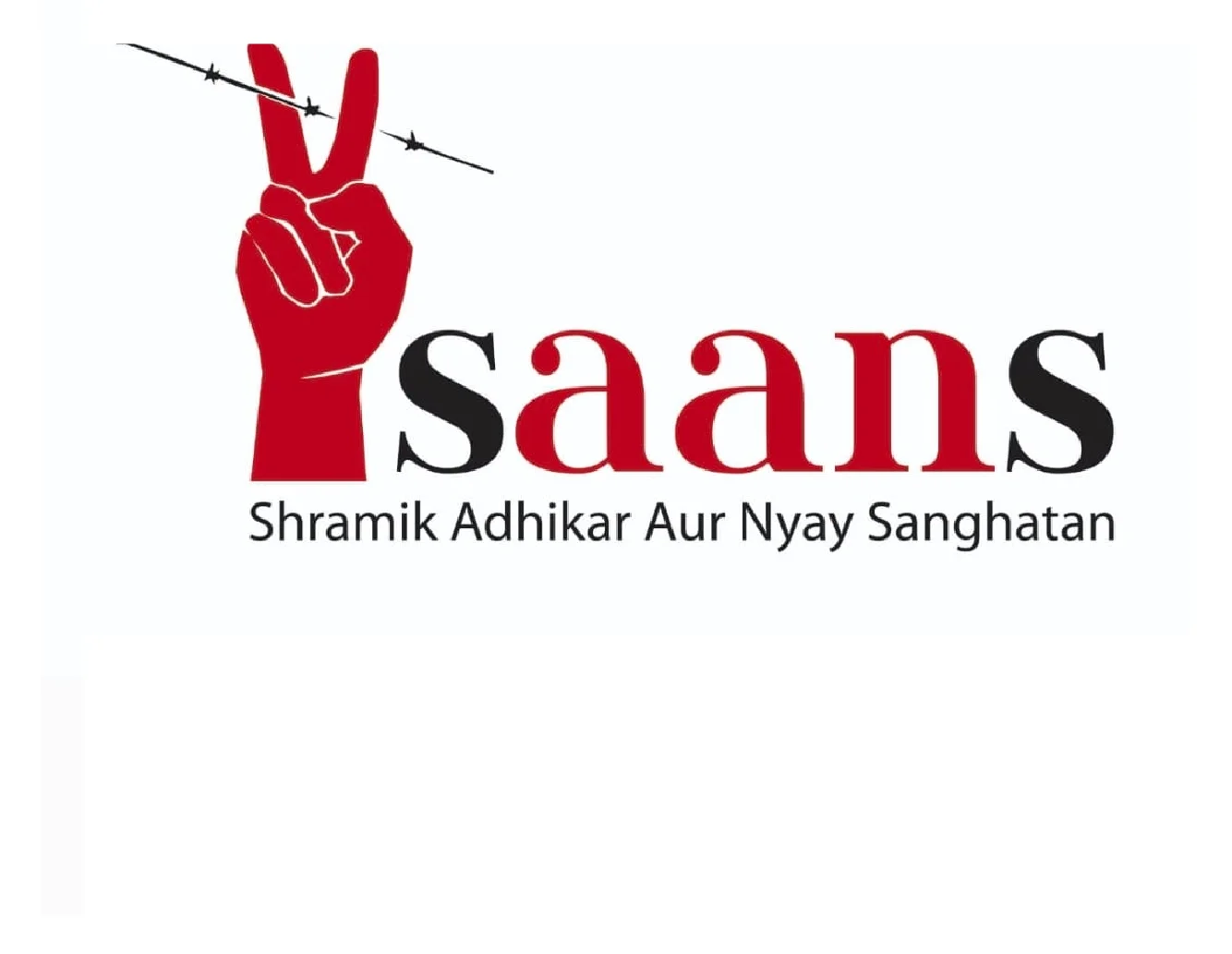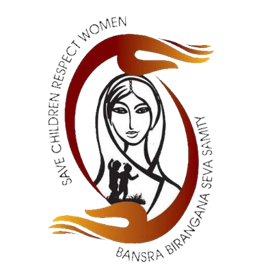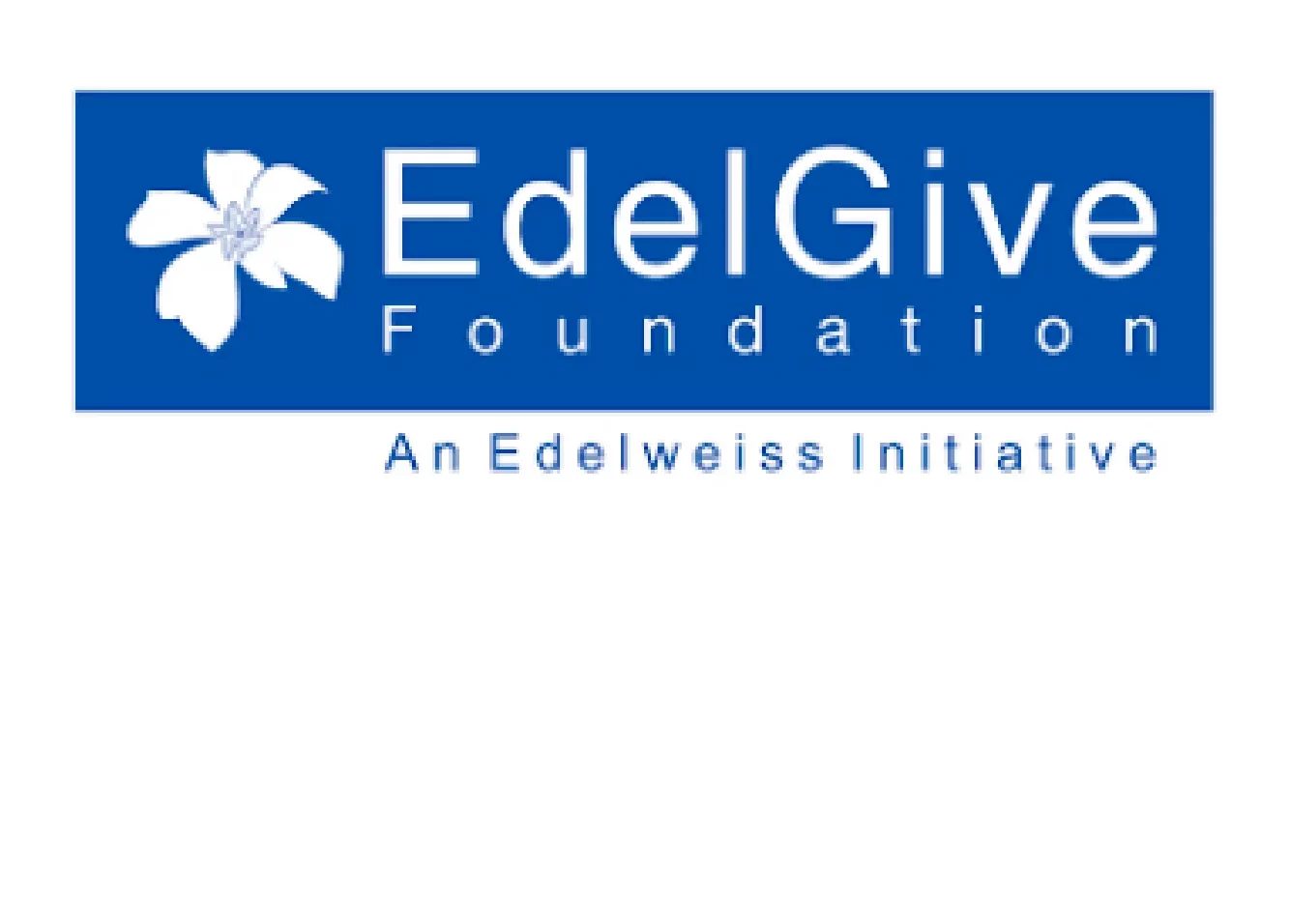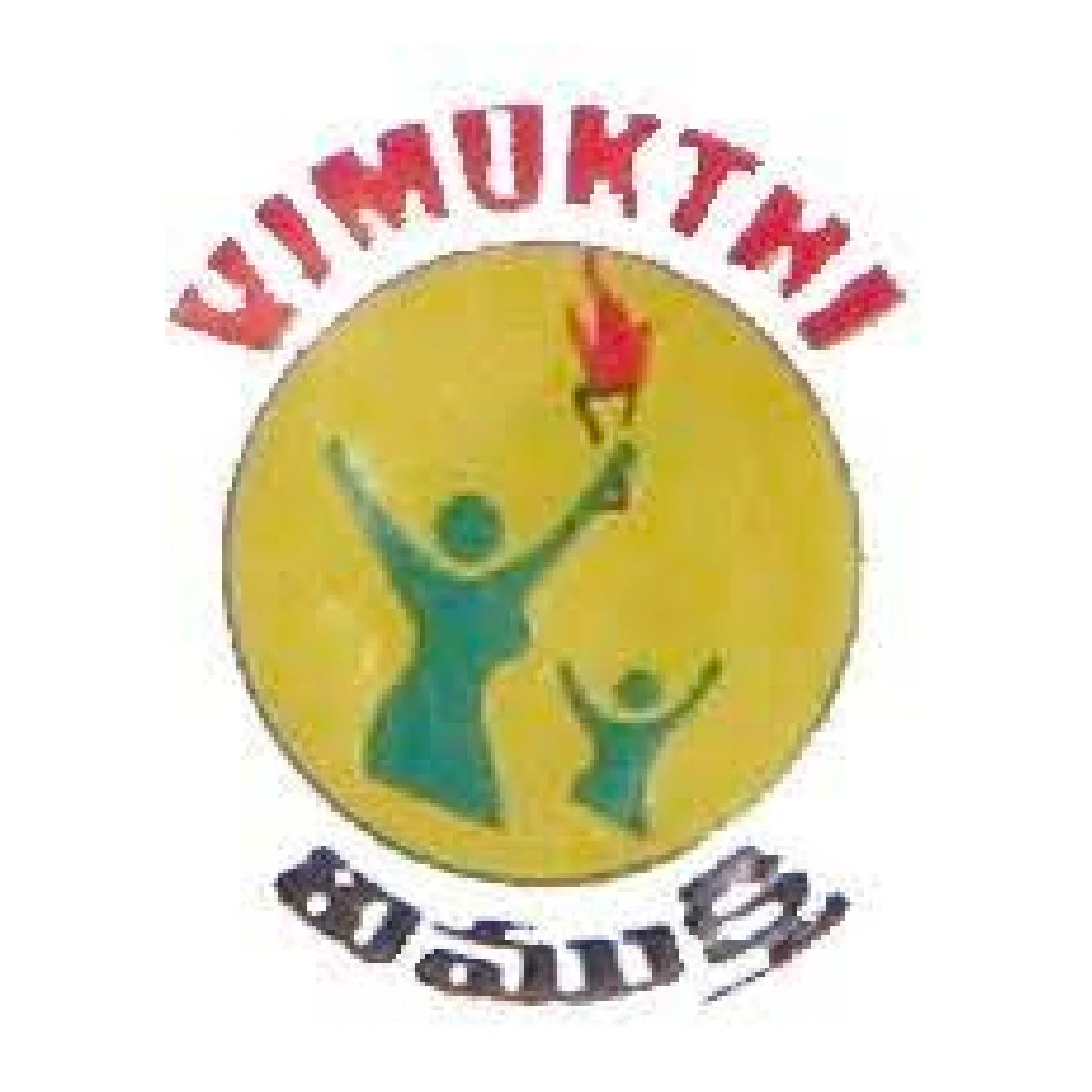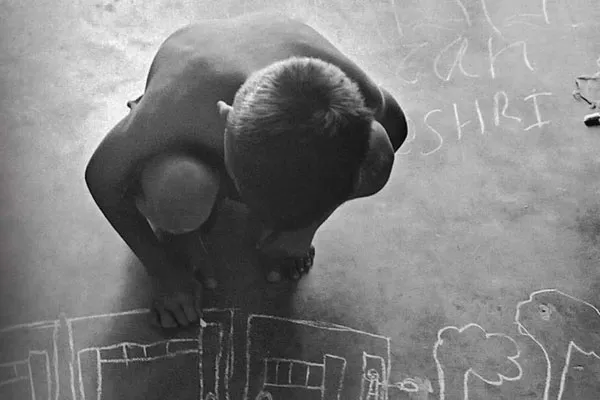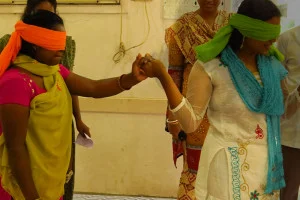Overview
For a survivor of violence and trafficking, returning to their community implies having to deal with stigma and the likelihood of continued abuse by the original perpetrators of the crime. But even greater than that is the struggle for a livelihood. Most of them are unable to complete their education or lack the skills for a dignified livelihood, and in turn, are unable to find jobs that can offer them dignity. These complexities only add to their vulnerabilities, and increase the chances of them being re-trafficked.
Financial vulnerability adds to the mental trauma of survivors, complemented by misogyny and gender bias from their communities and even their families.
Why Financial Inclusion and Livelihood
When survivors of violence are financially excluded or lack access to a livelihood, it becomes increasingly difficult to reintegrate them into mainstream society. This makes them more vulnerable, with the exclusion taking a toll on their psychological well-being. In contrast, when survivors become financially independent, they are in a position to:
- Regain autonomy in their decision-making capacity
- Lead a life of dignity, regain the autonomy of their decisions and capabilities, and realise long-term economic independence
- Improve individual and group financial management
- Build risk-taking capacity in business, and venture through shared risks in self-help groups on the ground
- Benefit from peerage and collective strength in self-help groups (SHGs), and get quick and easy access to livelihoods-based rehabilitation
- Rebuild leadership identities through economic empowerment
What Does Sanjog Do
Sanjog works with several grassroots organisations to build capacity and empower survivors to take calculated risks by venturing into business with the help of SHGs. Sanjog empowers grassroots organisations to help narrow down the gap in financial inclusivity and help survivors by:
- Building awareness of safe financial practices
- Strengthening sustainable alternative livelihoods
- Facilitating improved access to finance and credit for survivors to meet the indicators of financial inclusion, and giving them access to markets
- Empowering survivors with greater agency so that they can choose a vocation for themselves and become financially independent
How Does Sanjog Do This
Sanjog recognises that for survivors to be financially independent, government and non-government stakeholders need to work together to create a supportive ecosystem that affords them their agency. Some of the ways Sanjog makes this happen are:
- Strengthening and supporting SHGs to take the required action and empowering them SHGs with digital technology to monitor businesses
- Providing financial literacy and education to survivors and creating access and opportunities for income generation and economic empowerment
- Providing peer support and mentoring
- Forming exclusive SHGs that are registered under the National Rural Livelihood Mission (NRLM) and National Urban Livelihood Mission (NULM) and strengthening relationships between these and the survivors
- Building survivor capacity on the Panchasutra and other similar guidelines, to enable operating as a strong SHG
- Individual and group applications for livelihoods-based rights and entitlements at the state, district, block and panchayat levels
- Networking with financial educators, planners, resource persons and subject matter experts to enhance resource accessibility of the survivors and the SHGs
- Encouraging the entrepreneurial endeavours of survivors by providing support to individual businesses and helping them link to markets
- Educating groups and individuals on micro-finance

